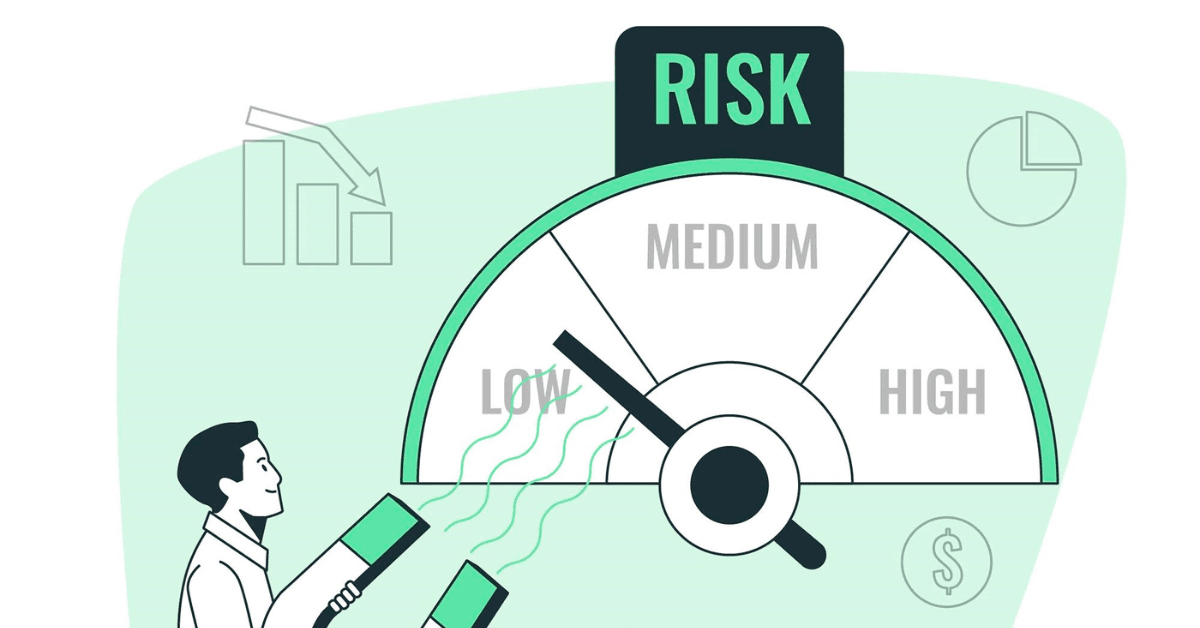

The course includes real-world applications, case studies, and practical exercises to ensure a robust understanding of advanced risk concepts.
By the end of this course, participants will be able to:
This course is ideal for:
This interactive Training will be highly interactive, with opportunities to advance your opinions and ideas and will include:
• Lectures
• Workshop & Work Presentation
• Case Studies and Practical Exercise
• Videos and General Discussions
Day 1: Advanced Risk Management Frameworks and Methodologies
Day 2: Quantitative Risk Assessment Techniques
Day 3: Systemic and Emerging Risks
Day 4: Risk Mitigation Strategies and Decision-Making
Day 5: Risk Monitoring, Reporting, and Continuous Improvement
A RECTUS attendance certificate will be awarded to all participants who complete at least 80% of the total course duration.
| Code | Date | Venue | Fees | Register |
|---|---|---|---|---|
| SA147-01 | 07-06-2026 | Muscat | USD 5450 | |
| SA147-02 | 23-08-2026 | Cairo | USD 5450 | |
| SA147-03 | 22-11-2026 | Dubai | USD 5450 |
Providing services with a high quality that are satisfying the requirements
Appling the specifications and legalizations to ensure the quality of service.
Best utilization of resources for continually improving the business activities.
BTS keen to selects highly technical instructors based on professional field experience
Since BTS was established, it considered a training partner for world class oil & gas institution
1st floor, Incubator Building- Masdar City - Abu Dhabi - United Arab Emirates
Sun to Fri 09:00 AM to 06:00 PM
Contact Us anytime!
Request Info